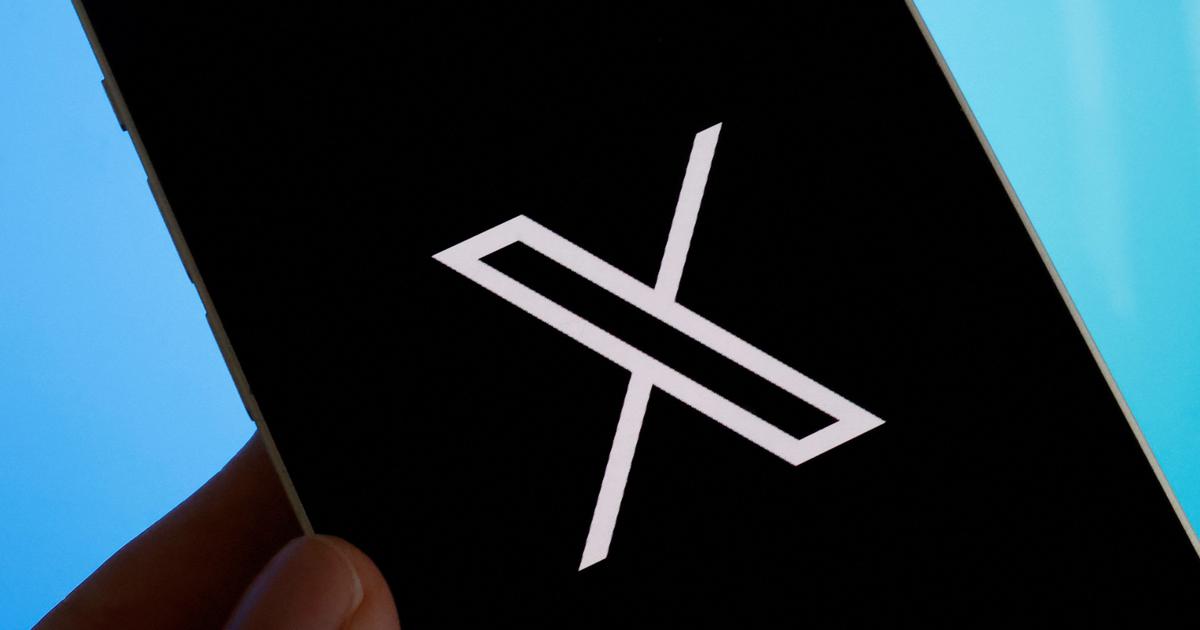As the Gaza strip is stripped of water, electricity, and internet by the Israeli government amidst the barrage of bombing, reports of media censorship by governments around the world on the issue of the Palestine and Israel conflict have risen. From Indian journalists to Al Jazeera anchors, and organisations for human rights based in the USA, censorship has affected a wide range of actors, from journalists to activists, across the world.
In what seems to be a recent step emerging from a global pattern, Elon Musk’s X has seemingly muzzled the voices of journalists and organisations that argue for peace and human rights by suspending their X accounts. This move has cast a dark shadow on freedom of expression and a free and fair press for Indian citizens. The affected accounts included those of the Indian American Muslim Council (IAMC) and Hindus for Human Rights (HfHR). They are reportedly withheld in response a “legal demand” – allegedly by the Indian government. It is important to note a member of the HfHR was present as a recent United States Commission on International Religious Freedom (USCIRF) hearing took place on October, 3 2023. The hearing was held due to concerns of violence against Muslims in Christians, and other religious minorities, in India have grown. The commission sought to provide recommendations for policy measures to the US state department as the hearing was held after two important bilateral meetings that took place between the country’s top leaders, the Prime Minister Narendra Modi and President Joe Biden.
— Aakar Patel (@Aakar__Patel) October 16, 2023
Similarly, Meer Faisal, a prominent reporter known for his extensive coverage of hate crimes in the country, found that his X account was “withheld” within the boundaries of India, reportedly at the request of the Union government, according to Maktoob Media. The message displayed on his account explained that this action, once again, was taken “in response to a legal demand,” although there is no clarification by X as to what or why this move was taken, the journalist expressed his shock at the sudden restriction of his account to Maktoob, stating, “I hadn’t been active for a few days, and when I opened the app to tweet, I realised it had been withheld.” For Meer Faisal, this was not just about losing access to a social media platform, but that it was a significant blow to press freedom.
He asserted further stating, “Withholding an account or censoring a journalist’s work constitutes a violation of press freedom,” highlighting the gravity of the situation.” Describing further the situation, “I believe my account was withheld due to the stories where I speak about the rights of Muslims and marginalised communities. I can’t recall any specific story that justifies this level of suppression of expression.”
However, India is not the only place where issues of censorship, danger to a free press and journalism are looming large. At least 12 journalists have been killed, and eight wounded in the initial eight days of the Israel-Hamas war, according to media reports. As we speak, there are reports emerging that the Israeli cabinet is set to discuss a proposal to ban Al Jazeera’s coverage in Israel. Al Jazeera is a global media channel that has been reporting on ground from Gaza since the day the war was declared.
Another alarming development is the heavy-handed approach of tech giants like Meta and X in censoring content related to the Israel-Palestine conflict. Al Jazeera Arabic presenter Tamer Almisshal had his Facebook profile deleted just 24 hours after airing a program that ironically was slated to examine Meta’s censorship of Palestinian content. The investigative report by Almisshal delved into the disparities in how Palestinian and Israeli posts are treated by Facebook. The report had been touted to include admissions by Eric Barbing, who is former head of Israel’s cybersecurity apparatus, about efforts to track Palestinian content based on criteria as benign as “liking” a photo of a Palestinian killed by Israeli forces.
In a similar vein, social media users who post about pro-Palestinian sentiments are asserting that they are experiencing a sharp crackdown on their content in the wake of the intense bombardment of the Gaza Strip. Such accounts have been reportedly suspended or banned on platforms like TikTok etc. Another example is of Mondoweiss which was a news and analysis account dedicated to Palestine, which has reported that its TikTok account had been temporarily taken down. Moreover, several Instagram, which is also owned by Meta, users have also voiced their concerns about content restrictions and the inability to go on livestream. One London-based user requested anonymity for fear of harassment revealed that her Instagram stories related to Palestine received extremely low viewership. It was only when she posted a picture of a skirt that her viewership went high again.
As governments and tech giants worldwide bring their fist down on how to handle information as well as misinformation about the Israel-Palestine conflict and its digital footprint, it is evident that the silencing of voices has found its way across the globe. From BJP governments’ steps tackling voices that speak for peace to the international stage of the Middle East, the battle for free speech in the digital age has entered a new, complex phase that will seemingly define the status and safety of free speech and undeterred journalism for decades and generations to come.
Related:
Hate Speech is rampant while Free speech is criminalised
Indian minorities must be protected, GOI needs to take steps: IAMC report
